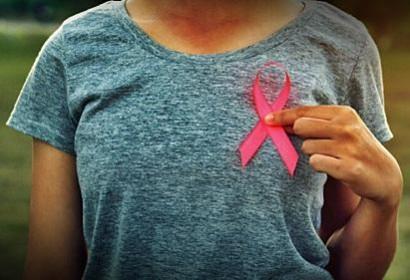
Using breast cancer cells' weakness against themselves, UK scientists linked a tumour-selective antibody and developed a cell-killing drug that can destroy hard-to-treat tumours.
The findings, published on Wednesday in the journal Clinical Cancer Research, target triple-negative breast cancer -- typically aggressive and resistant to chemotherapy and radiotherapy.
Accounting for up to 15 per cent of all diagnosed breast cancer, it also has a lower survival rate and is more common in women under 40.
To probe the properties of breast cancer cells linked to triple-negative breast cancer, a team from King's College London conducted data analysis using over 6,000 breast cancer samples.

After understanding how the cancer cells escape from cancer drugs, they established the presence of the cancer cell surface marker EGFR along with oncogenic molecules cyclin-dependent kinases (CDK), which are responsible for cell division and proliferation.
Further, they linked cetuximab -- a tumour-selective antibody that targets the EGFR protein expressed in this type of cancer, with a CDK-blocking drug to create a tailored drug for breast cancer.
"We were on the hunt for cancer's vulnerabilities and now we've found out how we can guide our therapies to one of these. We combined these two drugs to create a tailored antibody-drug conjugate for patients with this aggressive cancer," said lead author Professor Sophia Karagiannis, from King's College London.
The researchers noted that as their "antibody-drug conjugate" targets the exact cancer cell, administering a lower inhibitor dose than usual may be possible, and will also be less toxic for the patient. They, however, called for more studies before developing the drug.
(With inputs from IANS)

















